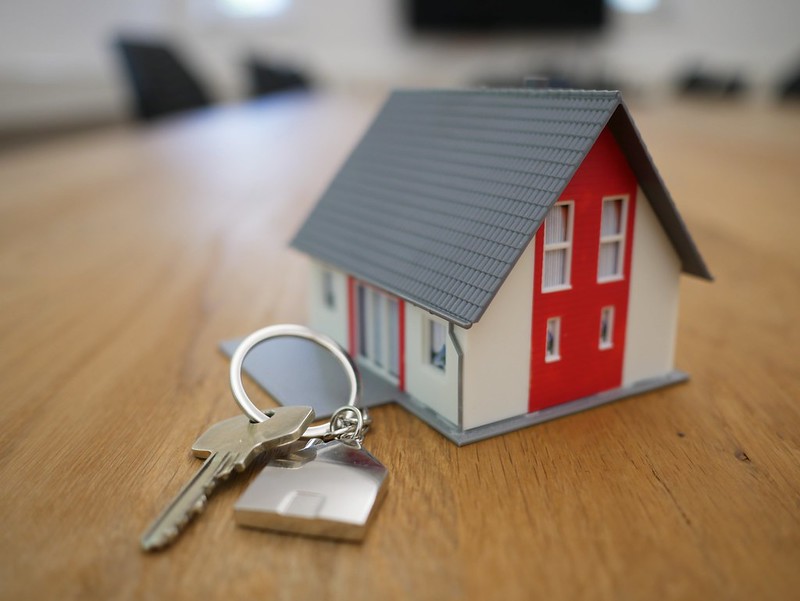
German residential property prices are poised to grow by more than 3% a year in the coming years, according to a Reuters poll of property analysts, raising fresh concerns about housing
affordability in one of Europe’s largest real estate markets.
The outlook marks a sharp turnaround from the correction that gripped the sector between early 2022 and 2024, when skyrocketing interest rates and weak consumer sentiment triggered a 13% drop in national home prices—the steepest decline in over a decade. But that window of relief for prospective buyers appears to be closing quickly.
Analysts say the rebound that began earlier this year has gained momentum. In the first half of 2025 alone, average home prices rose 3.3%, outpacing consumer inflation, which ran at 2.3% over the same period. For many first-time buyers already grappling with elevated borrowing costs and stagnant wage growth, the renewed acceleration threatens to push homeownership further out of reach.
The price gains are driven by a combination of chronic housing shortages, higher construction costs, and limited new supply, as property developers slow or suspend projects in response to tighter financing conditions. At the same time, persistent demand in major urban areas—from Berlin and Munich to Hamburg and Cologne—continues to support upward pressure on valuations.
The backdrop of rising prices is likely to intensify calls for government intervention, including incentives for new construction and measures to ease regulatory bottlenecks. But analysts caution that any policy response will take time to filter through a market still struggling to balance supply and demand.
For now, the trend appears set: after a brief dip, Germany’s housing market is regaining strength, leaving hopeful buyers once again facing an uphill climb.



































